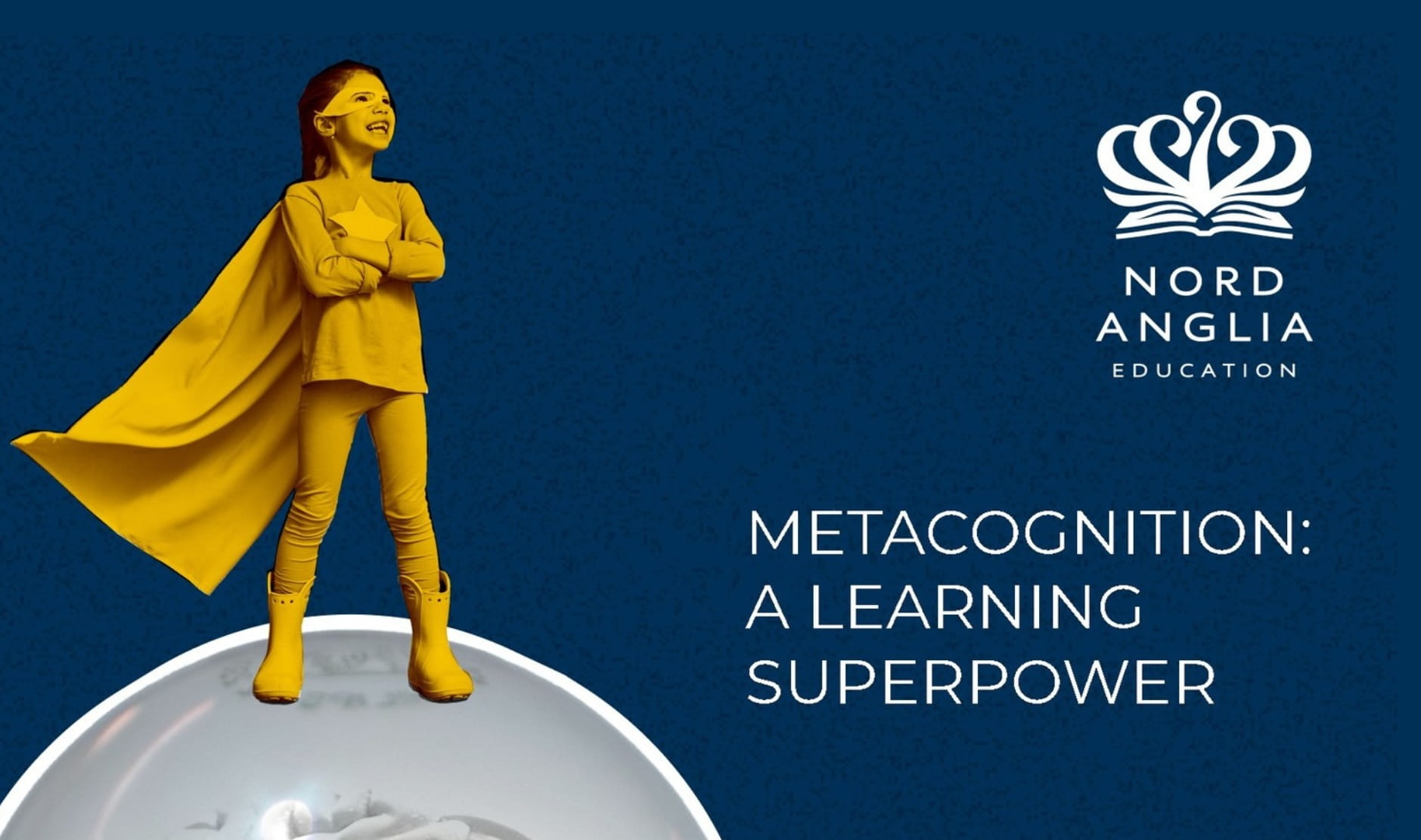Post-Traumatic Growth: Finding Meaning in Adversity
Post-Traumatic Growth: Finding Meaning in Adversity
Post-Traumatic Growth: Finding Meaning in Adversity
“Despite everything, life is full of beauty and meaning.
― Etty Hillesum
Any trauma (natural disasters, illnesses, accidents, attacks, etc.) upsets our world and forces us to look at others, life, our goals, our beliefs, our projects or ourselves with a different outlook.
It is when our fundamental structure is shaking that we are in the best position to seize new opportunities in our life, to reorganize ourselves, to restructure ourselves in depth, to change.
Tedeschi and Calhoun coined the term post-traumatic growth in the mid-1990s, to account for positive psychological changes following severe and difficult life events.
Post-traumatic growth describes the experience of individuals whose development has surpassed what they were before a phase of crisis in areas as diverse as appreciation of life, spirituality or changing values (Kretsch et al., 2011).
A painful episode in our life can lead to temporary discomfort, doubts about ourselves or our life, anxiety or sadness. However, this process can allow us to take a closer look at who we are and what we want: it can lead to a more successful development of ourselves.
People who have surmounted a situation involving their own survival, have also experienced major and positive inner changes.
According to Tedeschi and Calhoun (1995, 2004), positive changes can appear in three areas:
Self-perception: Individuals have a deepened sense of their resilience, wisdom and strength. They have a greater acceptance of their vulnerability and their limitations.
Social relationships are strengthened: People appreciate their friends and family more. They feel more compassion and kindness towards others.
The evolving philosophy of life: People discover and appreciate every day what life is and what it means to live (mindfulness). Spiritual transformation is about reflecting on the meaning of your life and appreciating life more.
Parents can help their children transform trauma into deep strength by giving them consistent, loving support, mindful attention, calm presence and compassion.







